By Chatura Randeniya
|
The Author
Chatura Randeniya Chatura’s practice focuses primarily on dispute resolution. He advises and represents clients in arbitration, and has represented clients in DIAC, ADCCAC, ICC and ad hoc arbitrations. He also works with local advocates on matters before the UAE Federal courts. Chatura regularly advises clients in high value construction, and maritime and shipping disputes. He is admitted as Attorney-at-Law of the Supreme Court of Sri Lanka. He is a recommended practitioner by Legal 500 EMEA. |
Afridi & Angell was recently successful in obtaining interim orders from the Dubai Courts attaching bank guarantees pending commencement of arbitration proceedings. The first matter involved two guarantees issued as performance bonds in two separate construction contracts, both which contained an arbitration clause under the Dubai International Arbitration Centre (DIAC) Rules. The second matter involved an advance payment guarantee for a transport contract which contained an arbitration clause under the Singapore International Arbitration Centre (SIAC) Rules seated in Singapore. Some observations relating to these proceedings are set out below.
- The applications for provisional relief in both cases were filed in the Dubai Court of Appeal. The Federal Arbitration Law (Law No. 6 of 2018) provides that a party may seek interim relief either from the tribunal, or the ‘Competent Court’, being the Court of Appeal of the relevant Emirate, and that the Chief Judge of the Court of Appeal may issue orders for interim relief at the request of a party or a tribunal in respect of existing or future arbitrations. In both matters, the orders were issued for arbitrations which had not yet commenced.
- The court fee for provisional relief is AED 320 per application. In contrast, the court fee for interim relief in support of litigation can be as much as AED 20,020. A comparable fee was payable when obtaining interim relief in support of arbitration before the Federal Arbitration Law came into effect.
- It can take up to two weeks for the court to issue its decision. In the past, it was common for applications for interim relief to be decided on the same day as the application being filed, or within 24 to 48 hours after filing. However, the electronic case registration process of the Dubai Courts usually means that a day or two will be taken up before the matter is placed before a judge. This should be borne in mind as interim relief is often time sensitive.
- The application is determined ex-parte. Notice to the defendant is not issued by court prior to hearing the application for provisional relief.
- A single application may be made for multiple contracts, provided that the parties to the contract are the same. In the first of the two matters, the guarantees which were attached were issued in relation to two separate projects and contracts. However, they were between the same parties, and the dispute resolution provisions were identical, and the Court of Appeal accepted a single application and ordered attachment over both guarantees.
- A party which is not party to the arbitration agreement may be a party to an application for interim relief. In the second of the two matters, the guarantee was procured by a related third party which, although having certain rights under the transport contract was not a party to the arbitration agreement. This third party was named as a co-applicant, together with the party that was subject to the arbitration agreement. Although the court did not provide any reasoning, it is unlikely that the court would have accepted the application for interim relief under the Federal Arbitration Law if at least one of the applicants was not a party to the arbitration agreement.
- It is no longer necessary to file a substantive suit in court. Under the Federal Arbitration Law, a ‘notice of a request for arbitration’ is deemed to satisfy the requirement of a substantive suit and a separate substantive suit need not be filed in court. In practical terms, the applicant should be ready to demonstrate to the court that the notice of arbitration was issued within eight days of the order for interim relief being granted. It should be noted that until last year, the time period for filing a substantive suit was eight days from the date on which the order for interim relief was implemented. However, following amendments to the UAE Civil Procedure Law in 2019, the time period is now eight days from the date on which the order for interim relief was issued.
It is important to bear in mind that, as there is no system of binding precedent in the UAE, it is possible that the court might take a different approach in future cases in relation to points 5 and 6. ■
| Afridi & Angell
Founded in 1975, Afridi & Angell is a full-service UAE law firm in its fifth decade at the forefront of the legal community. From the beginning, our hallmarks have been a commitment to quality, unsurpassed knowledge of the law and the legal environment, and crafting of innovative business solutions. Licensed in the three largest Emirates of Abu Dhabi, Dubai and Sharjah as well as the Dubai International Financial Centre, our practice areas include banking and finance; corporate and commercial law; arbitration and litigation; construction; real estate; infrastructure projects; energy; project finance; maritime (wet and dry); and employment. We advise local, regional and global clients ranging in size and sophistication from start-ups, sole proprietorships, family-owned businesses, entrepreneurs and investors to some of the world’s largest public and private companies, governments and quasi- government institutions. We attract and retain clients with our dedication to practical guidance focused on their business needs supported by decades of experience here in our home jurisdiction, the UAE. Afridi & Angell is the exclusive member firm in the UAE of top legal networks and associations, most notably Lex Mundi, the world’s leading network of independent law firms, and World Services Group. |
| Afridi & Angell’s inBrief provides a brief overview and commentary on recent legal announcements and developments. Comments and opinions contained herein are general information only. They should not be regarded or relied upon as legal advice.
© 2020, Afridi & Angell |



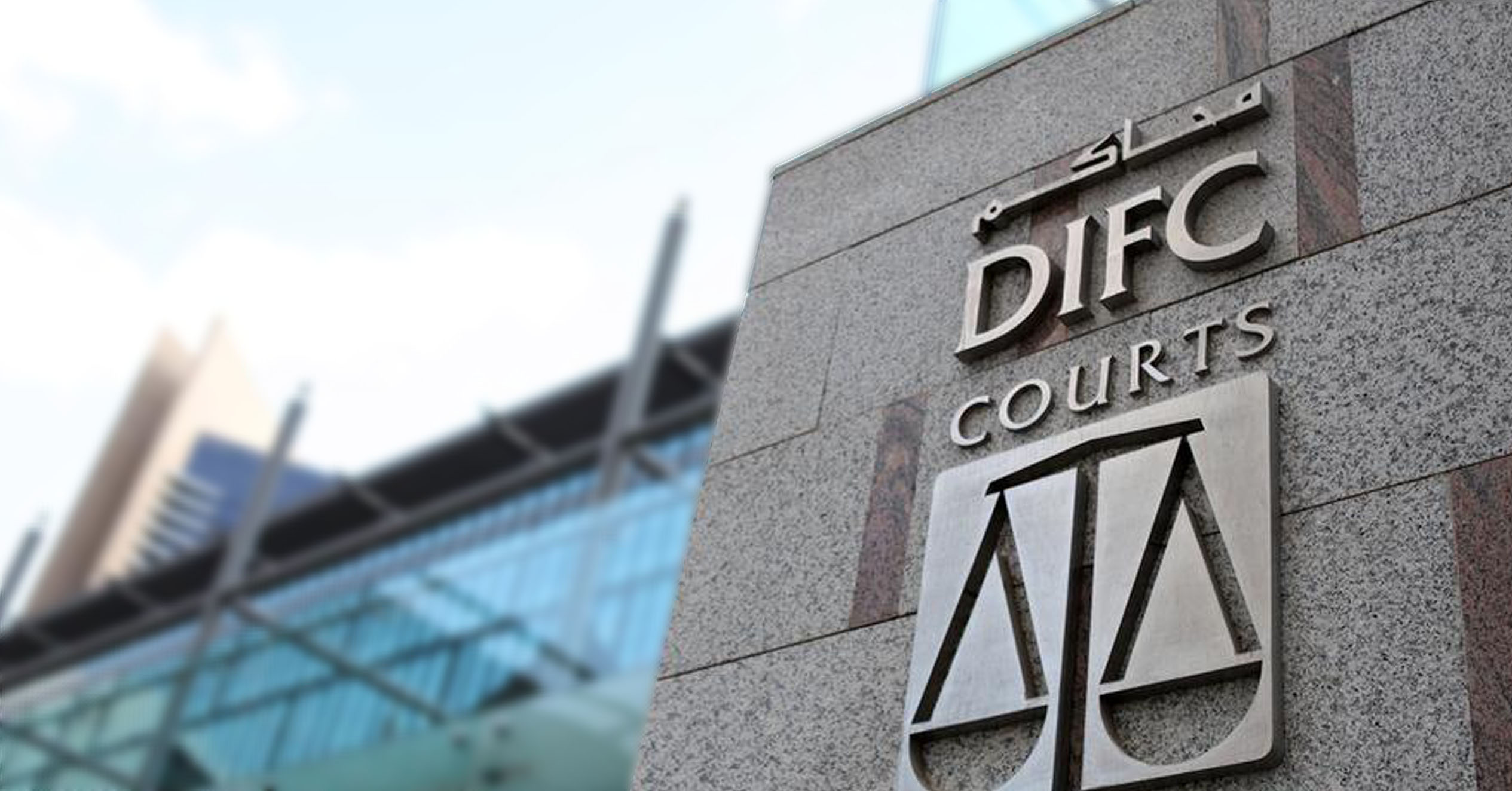


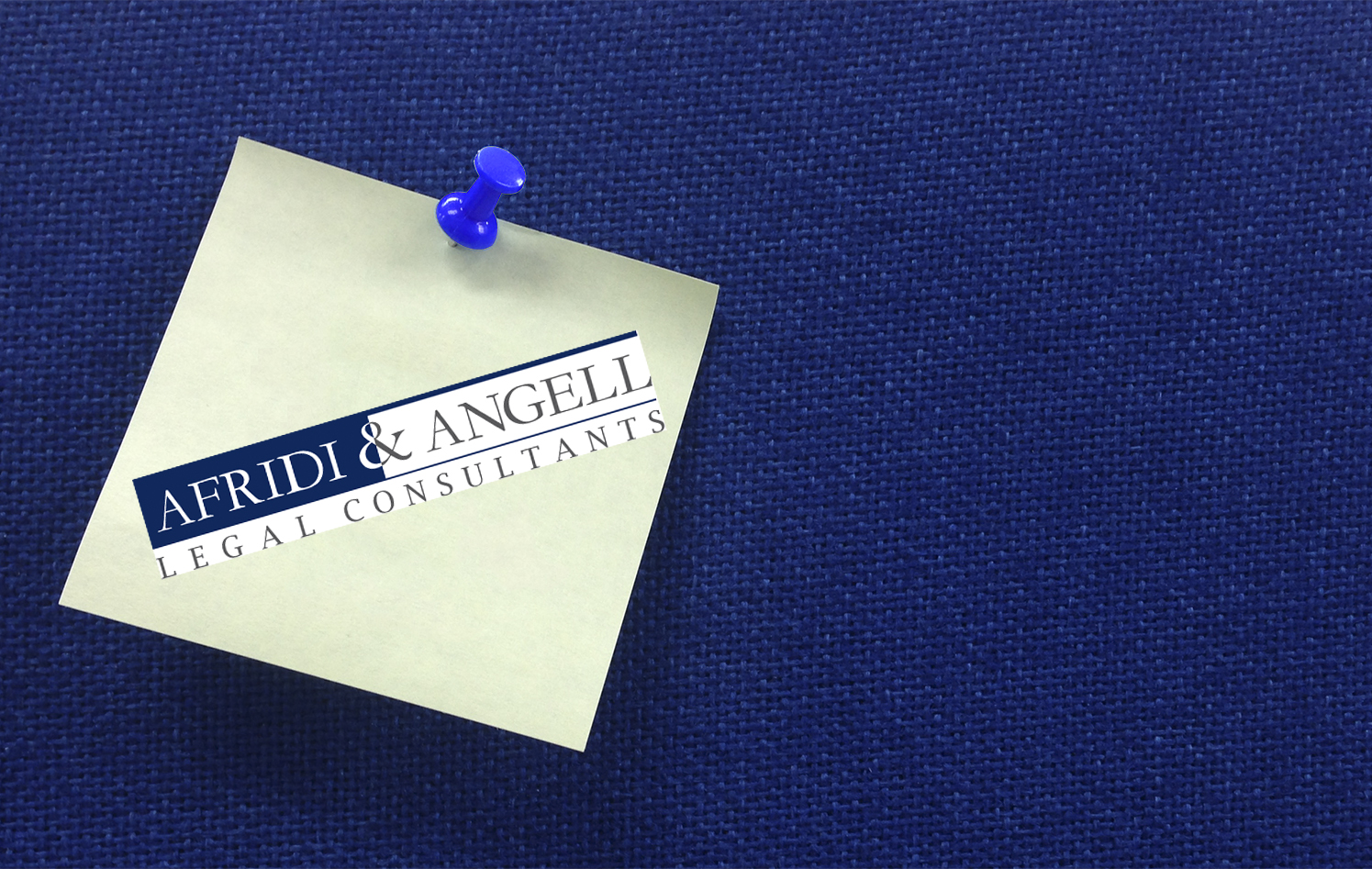



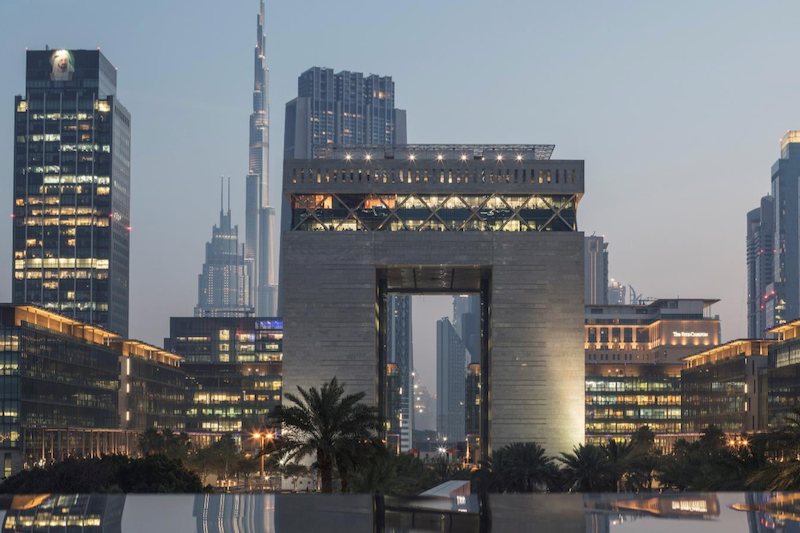

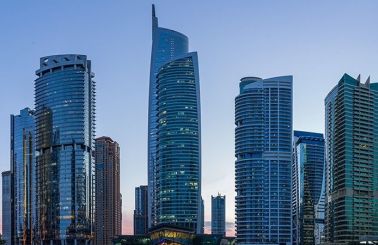
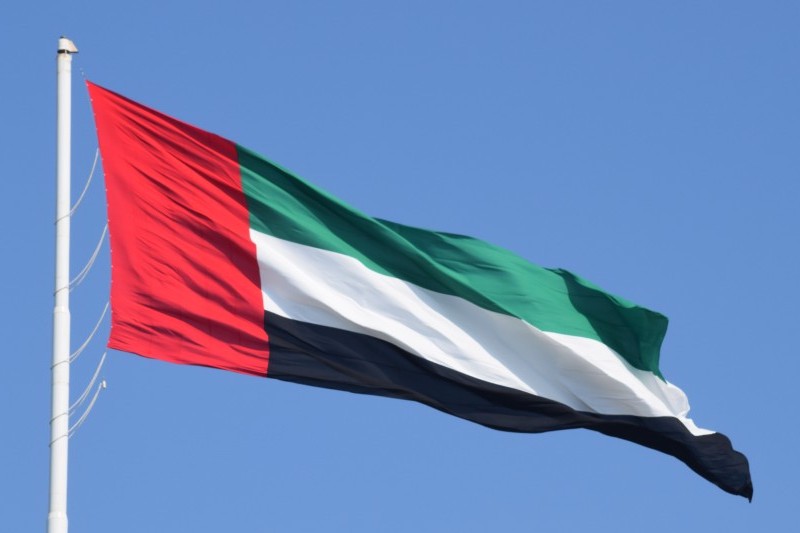









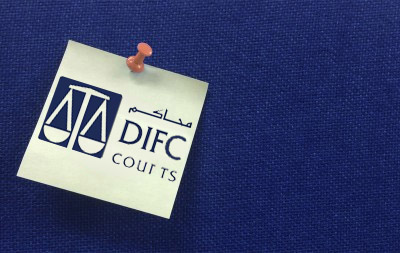
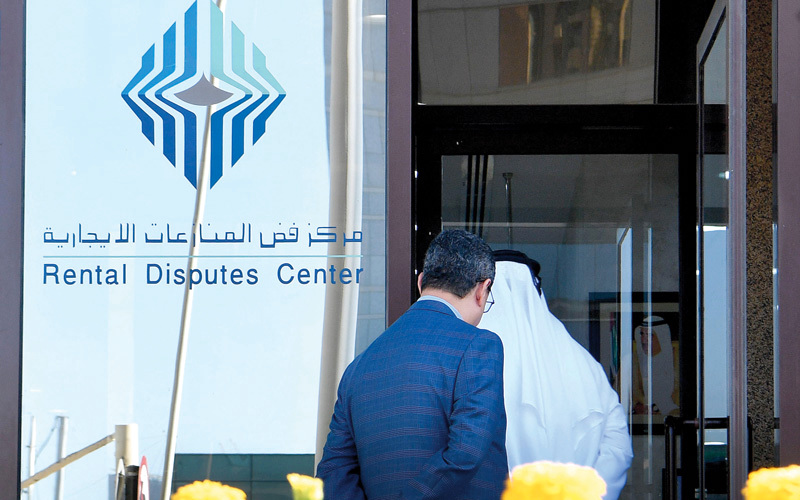
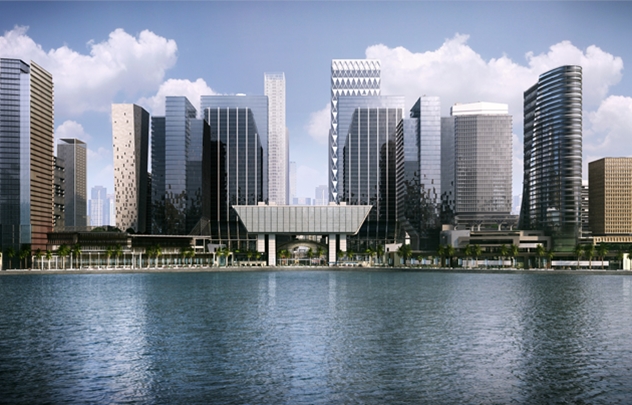











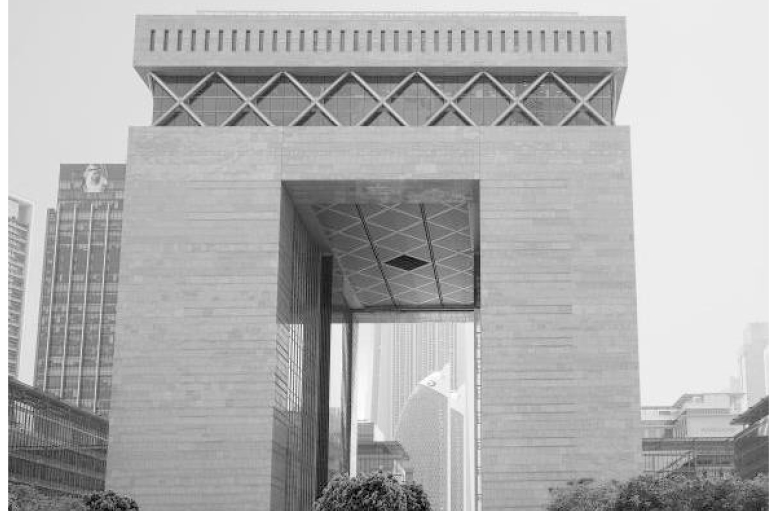





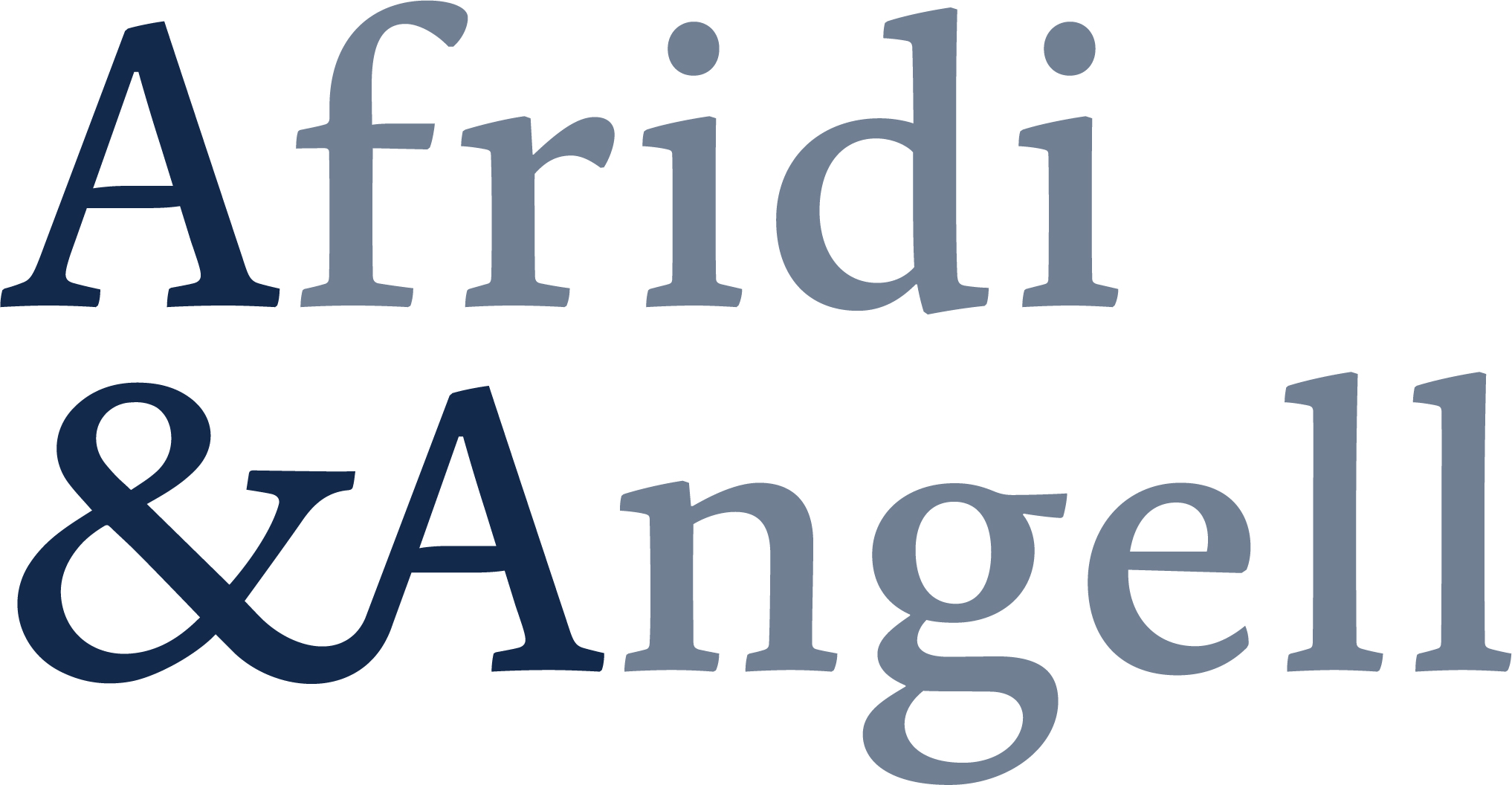 Afridi & Angell
Afridi & Angell Masood Afridi
Masood Afridi Amjad Ali Khan
Amjad Ali Khan







